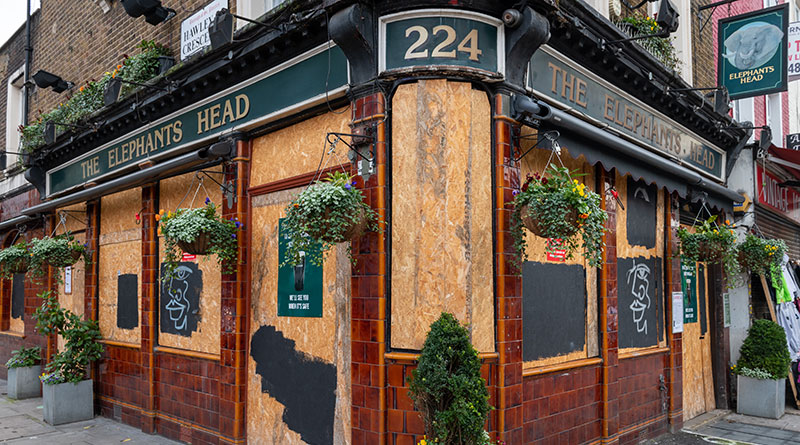Industry Warns of Daily Pub Closures as Tax Burden Threatens Sector Survival

The licensed trade is bracing for a devastating year ahead, with industry leaders warning that more than one pub per day could permanently close across Britain in 2025, threatening over 5,600 jobs and the fabric of local communities.
Fresh analysis from the British Beer and Pub Association (BBPA) projects that 378 licensed premises will shut their doors for good this year across England, Wales and Scotland – representing a significant increase from the 350 closures recorded in 2024.
The stark warning comes as the hospitality sector faces what industry chiefs describe as an unprecedented burden of taxation and regulatory costs that are pushing otherwise viable businesses to the brink.
From April, relief on property tax – that came in following the COVID-19 pandemic – was cut from 75% to 40%, leading to higher bills for hospitality, retail and leisure businesses.
The rate of employer National Insurance Contributions also rose from 13.8% to 15% that month, the wage threshold was lowered from £9,100 to £5,000, under measures announced by Chancellor Rachel Reeves in her October budget as well as an increase in the National Minimum Wage.
Parliamentary Pressure Mounts
The crisis has prompted urgent intervention from parliamentarians, with Conservative MP Mike Wood leading a Westminster Hall debate on government support for the hospitality sector. Wood delivered a stark warning to the House of Commons, declaring: “Hospitality is being taxed out of existence, and that is a political choice.”
The Kingswinford and South Staffordshire MP called for “a change of course not just for the sector, but for every community that depends on it,” demanding policies that reflect “the value that hospitality brings — economically, socially and culturally.”
The parliamentary debate, held on July 1st, saw cross-party concern about the sector’s future, with Liberal Democrat MP Alistair Carmichael echoing similar sentiments, warning that “hospitality is being taxed out of existence.”
Business Rates Crisis
BBPA Chief Executive Emma McClarkin has identified the cumulative impact of taxes and regulatory costs as the primary driver of closures. Speaking to industry publications, she emphasised that while consumer demand remains strong, profit margins are being decimated by operational costs.
“The scale of these closures is completely avoidable because pubs are doing a brisk trade,” McClarkin stated. “Consumer demand is there, however profits are being wiped out with sky-high bills, and pubs are facing yet more rates and costs come April.”
The association has particularly highlighted the impact of business rates reform delays and recent government policy changes. Following the April budget, the hospitality sector saw relief on property taxes cut from 75% to 40%, resulting in significantly higher bills for operators already struggling with post-pandemic recovery.
Economic Ripple Effects
The projected closures represent more than just licensed premises shutting down – they signal a broader economic crisis affecting entire supply chains. The BBPA warns that pub closures will have cascading effects on farmers, brewers, and other industries that depend on the sector.
McClarkin has identified rising employment costs as “one of the biggest worries for the sector going into 2025,” noting that the beer and pub sector employs more than one million people, with many under the age of 25.
The organisation has previously warned that the average price of a pint could surge past £5 for the first time, with costs expected to rise by approximately 21p as operators are forced to pass inflation onto customers.
Government Response Awaited
The Labour Government has acknowledged the need for business rates reform, with plans to publish an interim report during the summer. However, industry leaders argue that the pace of change is insufficient to prevent the predicted wave of closures.
The BBPA’s campaign focuses on three key demands: meaningful business rates reform, mitigation of employment and Extended Producer Responsibility (EPR) costs, and reductions in beer duty. The organisation argues that these measures would help preserve what are often the only remaining community gathering spaces in many areas.
